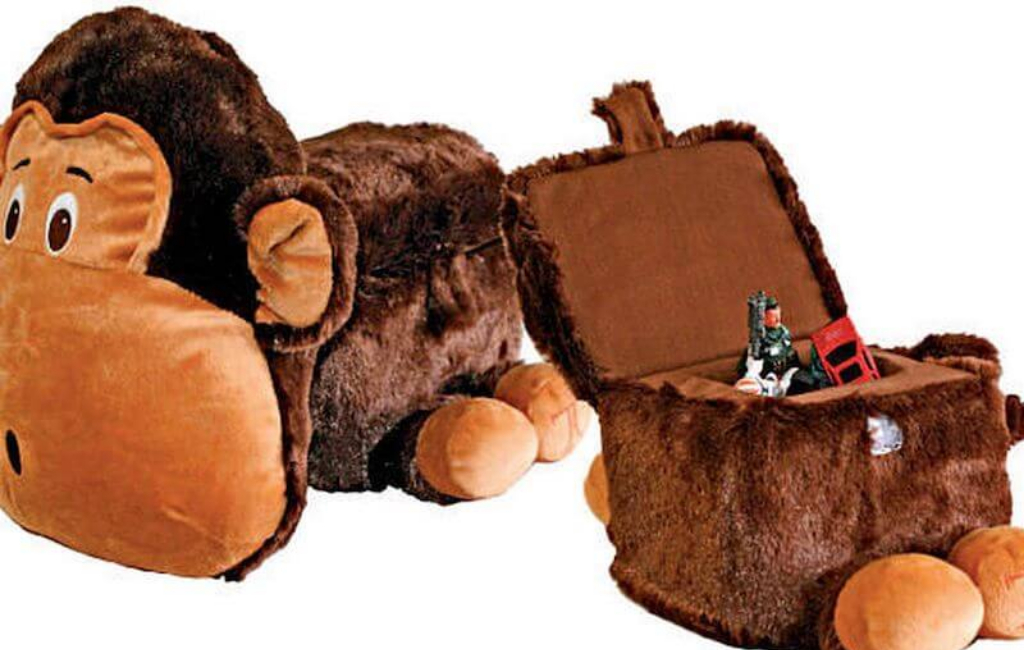Washed Up Hollywood
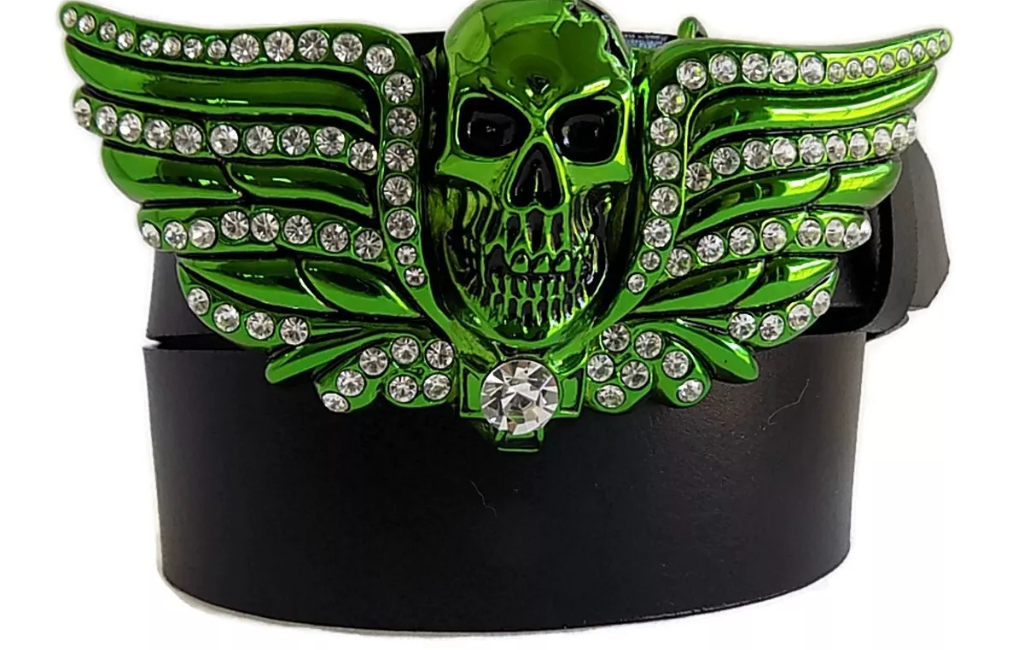
NO DEAL
EPISODE SUMMARY
🕓 Air Date: October 6, 2009
Asking For:
$500,000 for 25%
Investor:
No Deal
Deal:
No Deal
PRODUCT SUMMARY
Washed Up Hollywood manufactures designer buckles and belts targeting both men and women, blending high-end fashion with affordability.
WATCH HERE
IN A RUSH?
Click these to jump to the section you want to read.
Background Story
Washed Up Hollywood, a fashion accessory brand specializing in designer buckles and belts, was founded by Danon Beres, who hails from a family deeply rooted in the fashion industry. With a strong legacy of belt design spanning over three decades, Beres’ father served as a pivotal influence, instilling in him a passion for craftsmanship and style. Growing up surrounded by the intricacies of belt design, Beres aspired to carve his own niche within the industry, blending high-end fashion with accessibility.
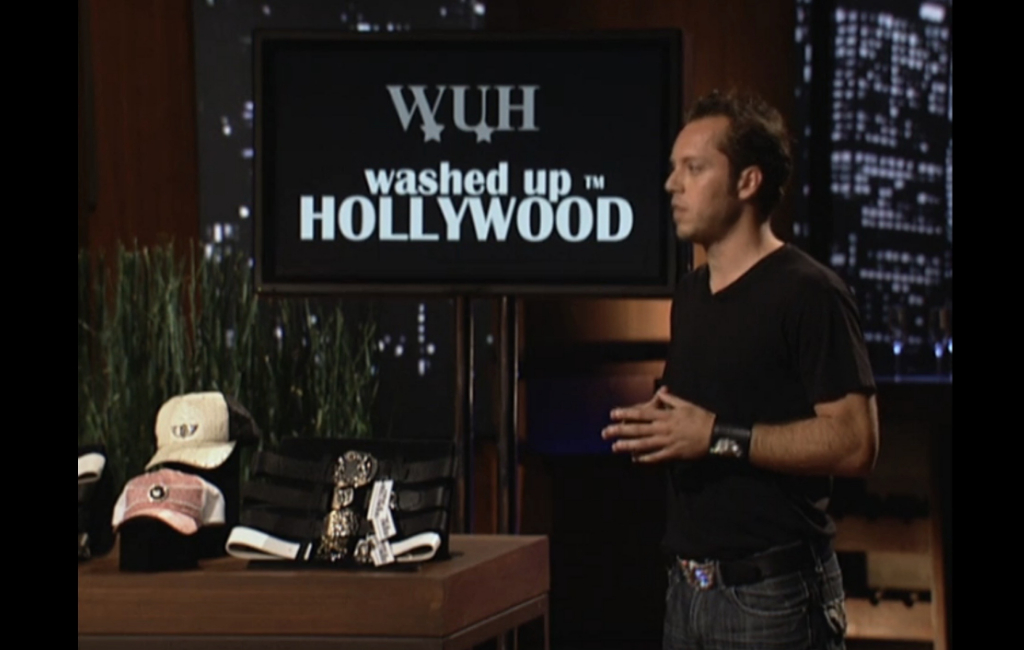
Washed Up Hollywood emerged from Beres’ desire to create a brand that reflected his family’s heritage while offering a fresh perspective on belt design. Drawing from his extensive experience working alongside his father and attending trade shows, Beres gained invaluable insights into the nuances of the fashion market. He recognized a gap in the industry for designer belts that captured the essence of luxury without the exorbitant price tag. Inspired by the vibrant energy of Hollywood and the allure of celebrity fashion, Washed Up Hollywood was born out of Beres’ vision to bring premium-quality accessories to a broader audience.

Collaborating with his siblings, Beres embarked on a journey to establish a brand synonymous with style, sophistication, and affordability. Their collective expertise and dedication to craftsmanship propelled Washed Up Hollywood into the spotlight, garnering attention from major retailers and fashion enthusiasts worldwide. With a blend of heritage and innovation, Washed Up Hollywood continues to make waves in the fashion accessory market, offering a touch of glamour to everyday wardrobes.
The Product
Washed Up Hollywood’s flagship products are its designer buckles and belts, meticulously crafted to blend fashion-forward design with exceptional quality. Each buckle serves as a statement piece, intricately designed to add a touch of sophistication to any outfit. The belts themselves are crafted from premium materials, ensuring durability and longevity.
These accessories cater to a diverse range of styles and preferences, with designs tailored to both men and women. From sleek and minimalist buckles to bold and embellished designs, Washed Up Hollywood offers something for every fashion sensibility.
The versatility of Washed Up Hollywood’s products extends beyond mere fashion statements. Not only do these belts provide a functional way to keep clothing in place, but they also serve as an expression of individuality and personal style.
Customers can purchase Washed Up Hollywood’s products through various channels, including their official website, select retailers, and potentially through partnerships with upscale department stores. The pricing of Washed Up Hollywood’s belts typically ranges from $55 to $99, making them accessible to a broad demographic without compromising on quality or style.
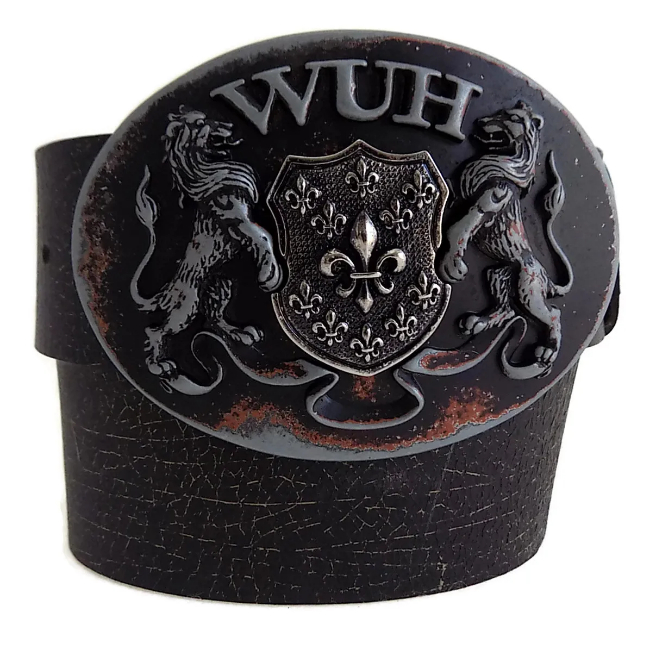
How It Went
The company’s position before Shark Tank
Washed Up Hollywood has demonstrated a robust performance since its inception, leveraging its unique blend of high-end fashion and affordability to carve a niche in the competitive accessory market. With sales surpassing $400,000 in 2008 and a net profit of $50,000, the company has showcased steady growth and profitability. Their belts have garnered attention from major retailers, including Nordstrom in the United States and Parasuco Jeans in Canada, underscoring their appeal to both domestic and international markets.

The company’s success is further amplified by partnerships with prominent wholesalers, enabling Washed Up Hollywood to expand its reach and distribution channels. These strategic alliances have facilitated the brand’s presence in over 300 stores across 12 countries, solidifying its position as a global player in the fashion accessory industry. Washed Up Hollywood’s customer base primarily comprises fashion-forward individuals aged 18 to 40, seeking stylish yet affordable accessories that reflect their unique personality and taste. The brand’s commitment to quality craftsmanship and innovative design has earned them a loyal following among celebrities and fashion enthusiasts worldwide.
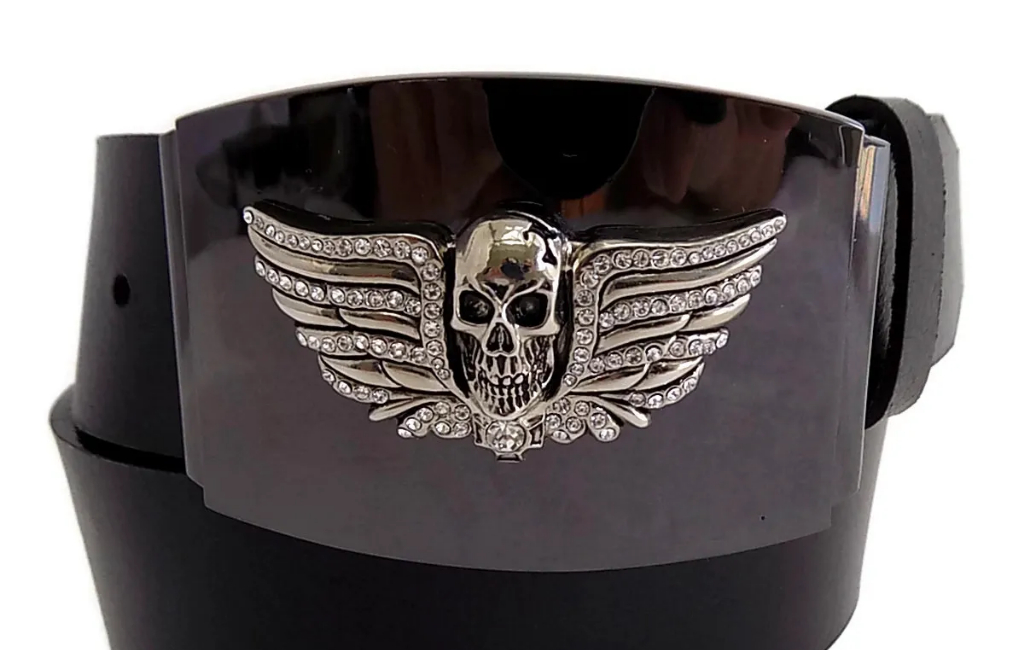
In terms of funding, Washed Up Hollywood has relied on a combination of personal investment from founder Danon Beres and potentially external investors to fuel its growth and expansion efforts. The company is likely structured with Beres at the helm as CEO, overseeing day-to-day operations and strategic decision-making, supported by a team of talented individuals dedicated to driving Washed Up Hollywood’s success. With a strong foundation and a clear vision for the future, Washed Up Hollywood is poised to continue its upward trajectory in the fashion accessory market, delivering unparalleled style and quality to its discerning customers.
The Negotiations:
During the negotiations, Danon Beres sought a $500,000 investment for a 25% equity stake in Washed Up Hollywood. The Sharks expressed initial interest in the company’s products and market potential but were deterred by the high valuation of $2 million. Despite attempts by Beres to justify the valuation based on future growth projections and upcoming partnerships, the Sharks remained unconvinced.
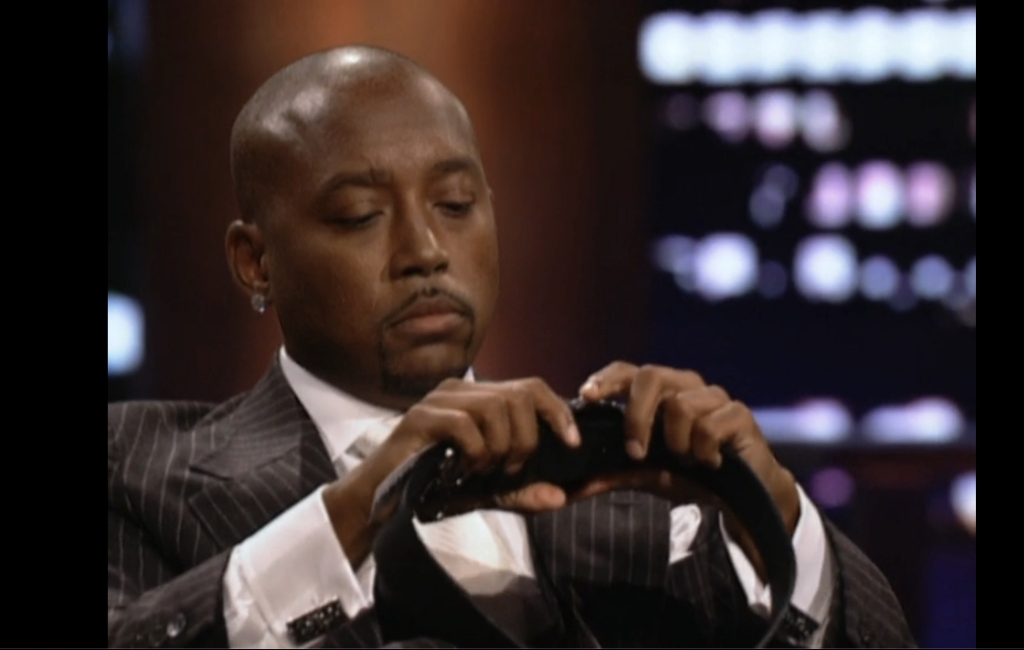
Kevin O’Leary, known for his straightforward approach, criticized the valuation, stating that the company was not worth $2 million based on its current sales figures. Robert Herjavec echoed this sentiment, highlighting the disparity between the asking price and the company’s actual performance. Daymond John, with his experience in the fashion industry, appreciated Beres’ confidence and dedication but ultimately found the valuation unrealistic.
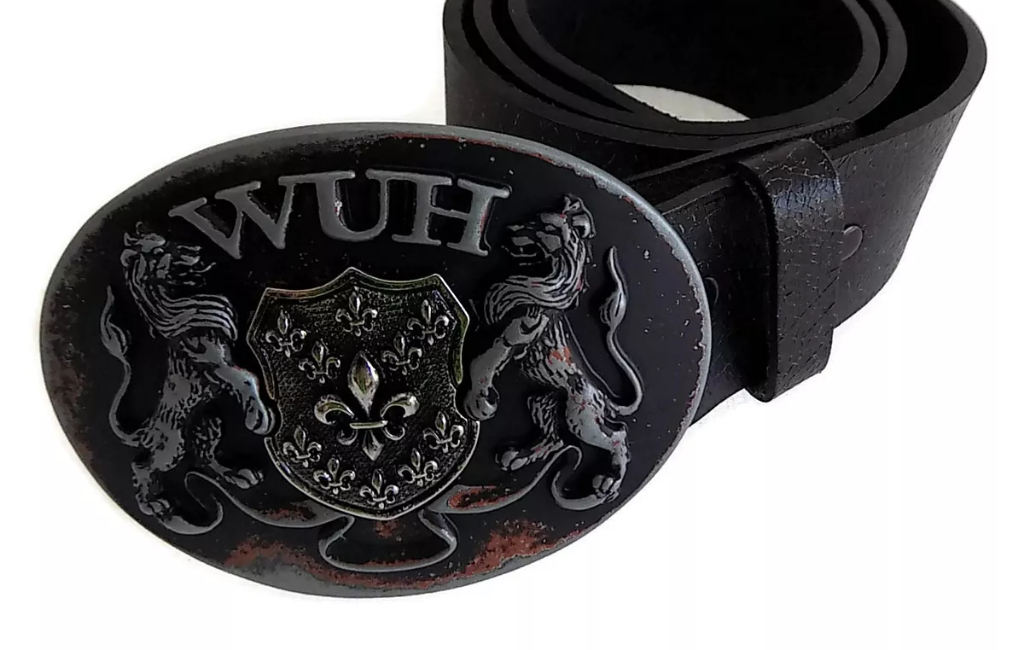
The negotiations reached a standstill as the Sharks expressed reluctance to invest at the proposed valuation. Despite Beres’ efforts to emphasize the potential of Washed Up Hollywood, no deal was made. The Sharks collectively opted out, citing the inflated valuation as a significant barrier to reaching an agreement. As a result, Beres left the Tank without securing the investment he sought, reflecting the challenges of balancing ambition with realistic expectations in the entrepreneurial landscape.






